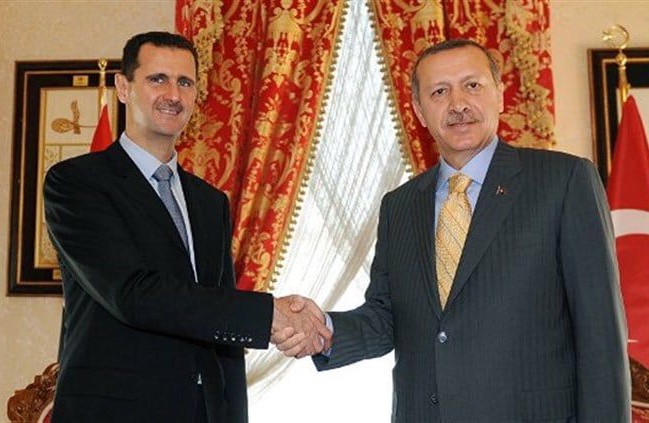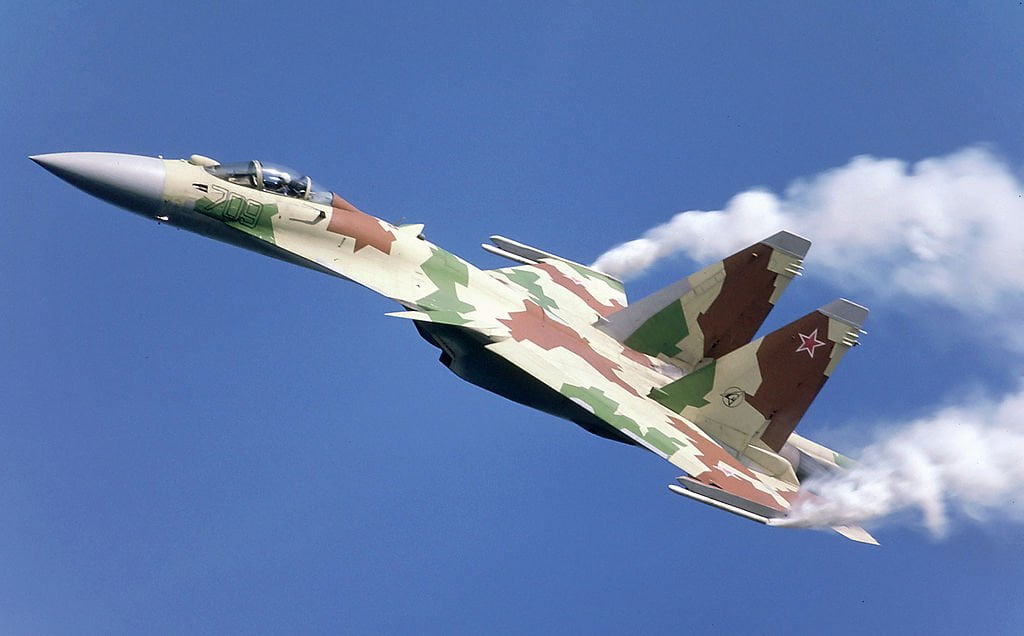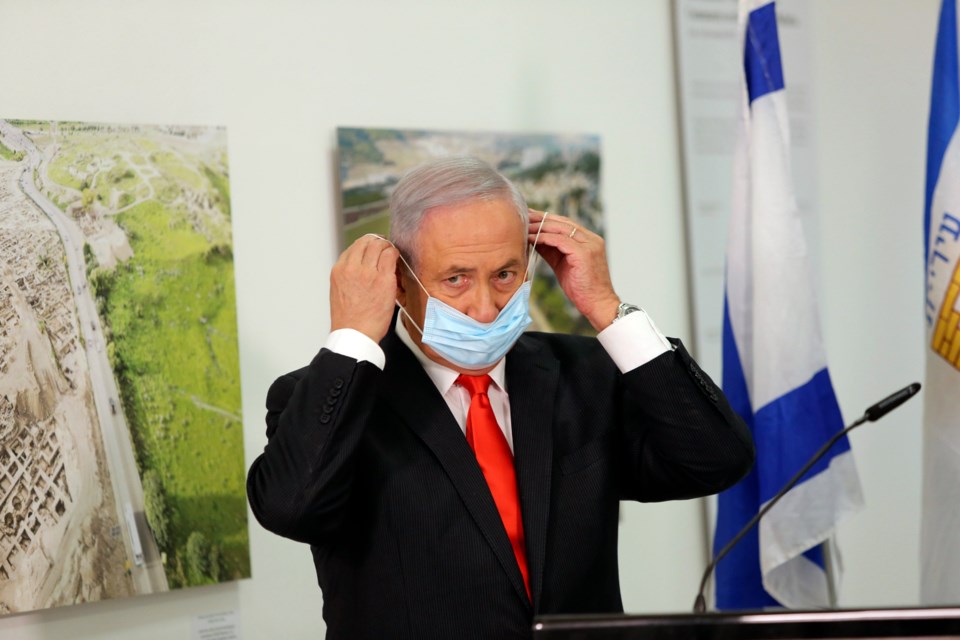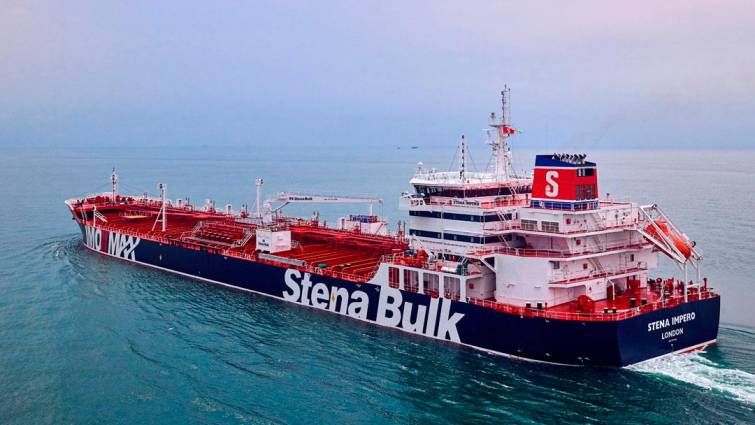La realpolitik di Ankara

Mentre la narrativa occidentale dà per imminente la vittoria dell’Ucraina nel revival all’inverso della Grande Guerra Patriottica e per scontata la scomparsa della Russia dalla scena internazionale, Mosca continua a svolgere un ruolo di protagonista negli altri scenari geopolitici che l’Occidente sembra aver dimenticato.
Recentemente, infatti, l’attività diplomatica del Cremlino ha conseguito un notevole successo nell’area mediorientale aprendo nuovamente, dopo un decennio di stasi, un canale di comunicazione tra la Turchia e la Siria.
L’iniziativa preparata e condotta da Mosca, dopo una serie di incontri preliminari ad alto livello, ha portato a un incontro diretto tra Erdogan e Assad avvenuto a Mosca nello scorso dicembre. Come conseguenza dell’evento è stata stilata un’agenda di incontri a livello ministeriale, a cui oltre a Siria e Turchia parteciperanno anche Russia ed Emirati Arabi Uniti.
Per comprendere quali siano, quindi, le conseguenze dirette di questa azione diplomatica è necessario effettuare due differenti valutazioni.
La prima riguarda direttamente la Russia. Con il raggiungimento di questo successo Mosca ha ottenuto due risultati positivi contemporaneamente: con il primo ha ridotto le possibilità che gli attriti tra Ankara e Damasco, inerenti alle attività contro le People’s Protection Units (YPG)- la componente siriana del Turkish Kurdistan Workers’ Party (PKK)-, possano degenerare in un conflitto aperto che oltre a complicare, ulteriormente, la già intricata situazione siriana, metterebbe in pericolo il ruolo di potenza egemone che Mosca ha saputo conquistare nella regione.
Con il secondo, la Russia ha ribadito la sua abilità e, soprattutto, la volontà di svolgere il ruolo di grande potenza a livello globale, dimostrando che la crisi ucraina non ha effetti sulla sua capacità di proiezione geopolitica in altre aree del pianeta.
La seconda valutazione da fare è inerente alla Turchia. La disponibilità di Erdogan al riavvicinamento con Assad è motivata da considerazioni, prevalentemente, connesse agli sviluppi della politica interna della Turchia nell’immediato futuro: le elezioni presidenziali.
Spesso in Occidente i media hanno presentato la Turchia come un Paese retto da un regime autocratico, creando la convinzione che Erdogan sia un nuovo dispotico califfo con poteri illimitati, ma questa visione distorta non corrisponde, affatto, alla realtà politica del Paese.
La Turchia è uno stato democratico dove sia la percezione popolare dell’interesse nazionale, sia la possibilità di una opposizione politica strutturata e legalizzata sono ben presenti e dove il concetto di elezioni democratiche e libere è radicato e rispettato.
Non si può, certamente, negare che le pressioni di Mosca per pervenire al riavvicinamento siano state sicuramente efficaci, ma la spinta principale viene proprio dall’attenta valutazione politica che Erdogan ha fatto in merito all’appuntamento elettorale del maggio di quest’anno.
Un riavvicinamento alla Siria è visto dalla maggioranza dell’opinione pubblica turca come un fattore molto positivo, in quanto, nell’ottica della visione comune, questo elemento potrebbe risolvere i due problemi principali che preoccupano il mondo politico turco: la legittimazione delle aspirazioni di sicurezza dei confini meridionali del Paese con l’eliminazione della minaccia delle aspirazioni curde (sconfitta dello YPG) e il ritorno dei profughi siriani la cui permanenza rappresenta motivo di forti contrasti e preoccupazione sia a livello interno sia internazionale.
Sebbene Erdogan ritenga tale ipotesi di soluzione priva delle possibilità di un reale successo, due elementi hanno spinto il leader turco ad accettare la mediazione di Mosca.
Innanzi tutto, l’andamento sfavorevole dell’operazione Claw and Sword, bloccata nella decisiva fase terrestre dall’intransigenza russa e da un rafforzamento militare siriano nell’area interessata e, successivamente il rafforzarsi dell’opposizione interna che vede nella normalizzazione dei rapporti con Damasco la possibilità di collaborare con la Siria per giungere ad una soluzione delle due problematiche.
Il cambio di paradigma diplomatico effettuato dalla leadership di Ankara, oltre che dalle questioni di politica interna connesse alle elezioni, è stato condizionato, in modo piuttosto deciso, da altri due fattori internazionali.
Il primo riguarda la mancanza di un reale supporto nella questione dei rifugiati da parte dell’Unione Europea, che dopo un atteggiamento ambiguo e poco disponibile (sempre dettato dalla visione limitata, egocentrica e miope da parte dei rappresentanti del Nord Europa) ha adottato una strategia di chiusura e di rifiuto verso possibili forme di cooperazione con la Turchia. Di qui la necessità di impostare una politica per il ritorno in Siria dei rifugiati.
Il secondo aspetto è connesso alla incapacità USA di proporre una roadmap credibile e di impatto per la risoluzione del conflitto siriano. Il supporto alle forze dell’YPG e le sanzioni in atto contro il regime di Assad sottolineano l’incapacità dell’attuale Amministrazione USA di formulare una visione geostrategica della regione che tenga in considerazione sia le legittime preoccupazioni in termini di sicurezza della Turchia, sia la complessità di uno scenario delicato e articolato come quello mediorientale.
La mancanza di visione geopolitica europea e statunitense nella gestione degli sviluppi della crisi che coinvolge l’area turco-siriana ha contribuito notevolmente al successo della mediazione russa, concedendo a Mosca un doppio vantaggio: la possibilità di svolgere un ruolo importante rafforzando la sua leadership regionale; la capacità di aumentare l’attrazione nella propria orbita diplomatico-politica di Ankara allontanando sempre più la Turchia, non solo dall’Occidente, ma anche dall’Europa.
In conclusione, l’assenza di una vision chiara e condivisa degli obiettivi geopolitici e delle necessarie azioni geostrategiche da porre in atto, che affligge l’Occidente, ci ha portato a vivere una situazione paradossale.
Ci siamo lasciati condurre in una proxy war contro la Russia per dare soddisfazione prevalentemente a vecchi odi e rancori atavici, impegnandoci acriticamente a sostenere un Paese al quale non siamo direttamente legati né da un sistema di alleanze e neppure di unioni comuni, abbandonando invece, un Paese, la Turchia, che è membro della NATO (la stessa NATO che in un delirio di fantapolitica difende a spada tratta un Paese non membro) e che è in lista d’attesa da trent’anni per entrare a far parte di quella Unione Europea snob e progressista che rimane legata al passato incapace di abbandonare la comfort zone della rivalsa contro la Russia.
Il risultato ultimo è che un elemento critico per il sistema di equilibrio della regione mediorientale si sta riallineando in un’orbita non occidentale, compromettendo le possibilità di Usa e Europa di svolgere un ruolo determinante nella gestione delle dinamiche regionali che sempre più dipendono dall’azione diplomatica della Russia, quell’arcinemico del nostro piccolo mondo europeo di cui con tanta determinazione l’Est europeo vuole la distruzione usando la NATO e l’UE come clava.


 Un anno fa la Turchia sembrava essere al margine della scena geopolitica internazionale, isolata diplomaticamente, aspramente criticata per la leadership di Erdogan, ininfluente nel complesso flusso delle relazioni che condizionano l’aerea mediorientale e mediterranea, priva di peso politico e quindi destinata ad assumere una posizione di paria internazionale.
Un anno fa la Turchia sembrava essere al margine della scena geopolitica internazionale, isolata diplomaticamente, aspramente criticata per la leadership di Erdogan, ininfluente nel complesso flusso delle relazioni che condizionano l’aerea mediorientale e mediterranea, priva di peso politico e quindi destinata ad assumere una posizione di paria internazionale. La risposta negativa da parte degli Stati Arabi del Golfo o meglio la mancata adesione alle richieste americane di condanna della Russia, per l’invasione dell’Ucraina, ha posto l’accento sulle relazioni tra gli USA e i Paesi del Gulf Cooperation Council (GCC), evidenziando il crescente scetticismo che viene riservato al ruolo degli Stati Uniti quale tradizionale partner privilegiato nell’aerea.
La risposta negativa da parte degli Stati Arabi del Golfo o meglio la mancata adesione alle richieste americane di condanna della Russia, per l’invasione dell’Ucraina, ha posto l’accento sulle relazioni tra gli USA e i Paesi del Gulf Cooperation Council (GCC), evidenziando il crescente scetticismo che viene riservato al ruolo degli Stati Uniti quale tradizionale partner privilegiato nell’aerea.

